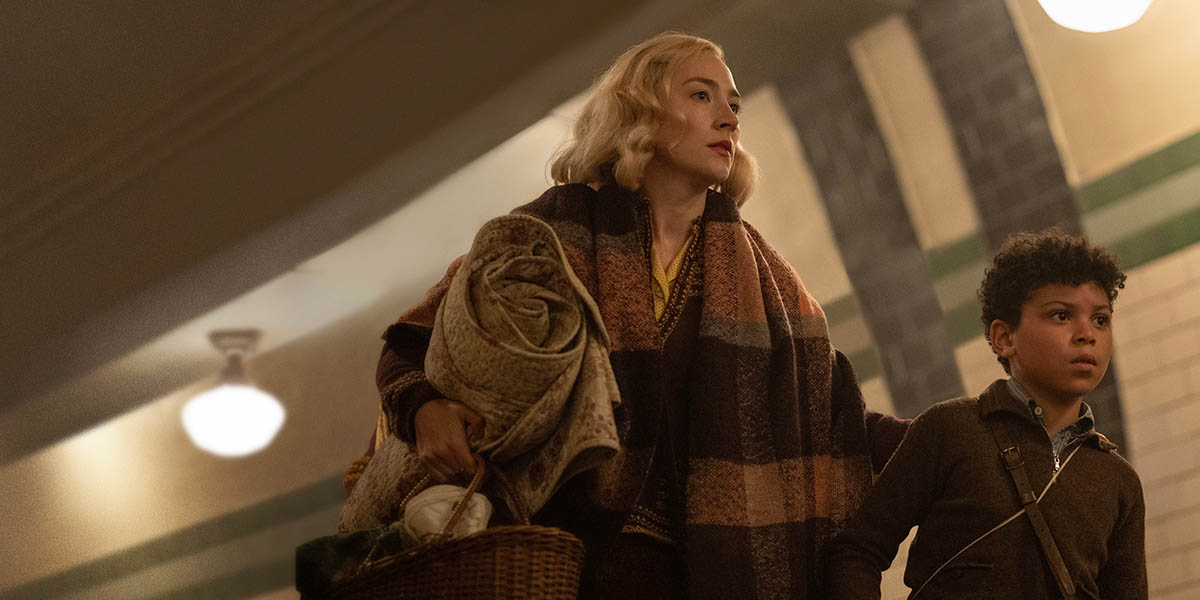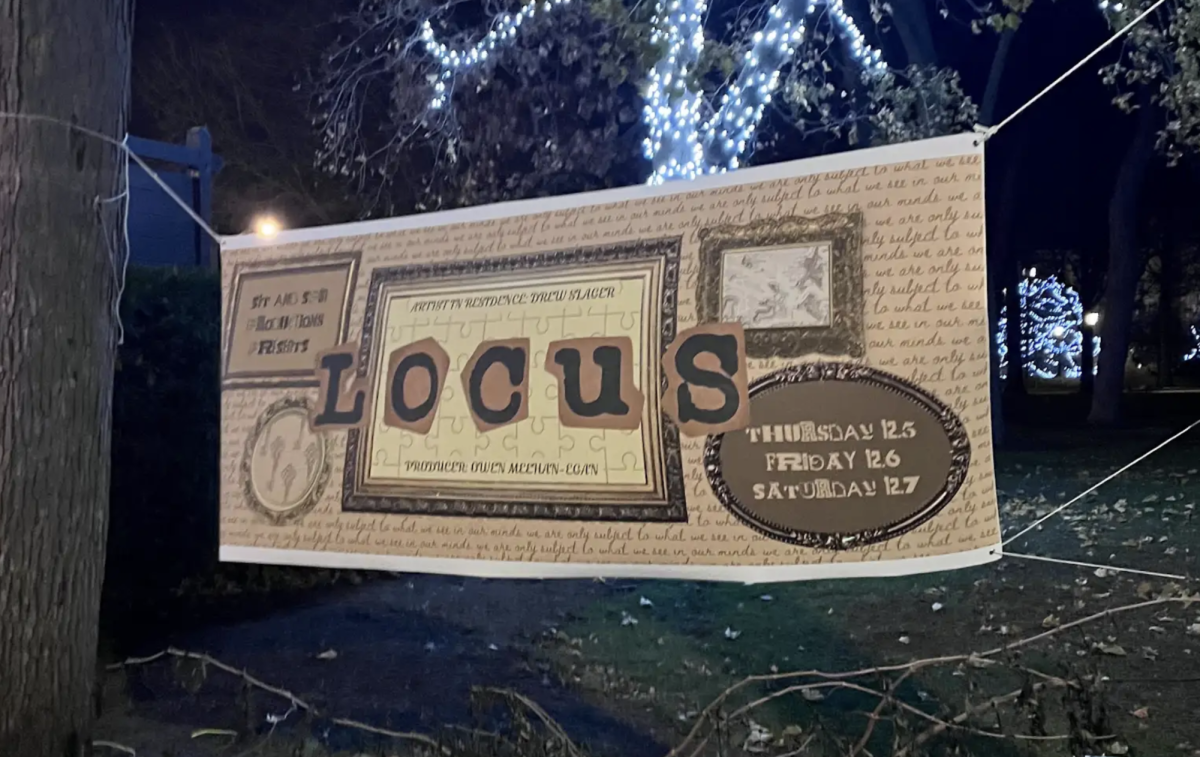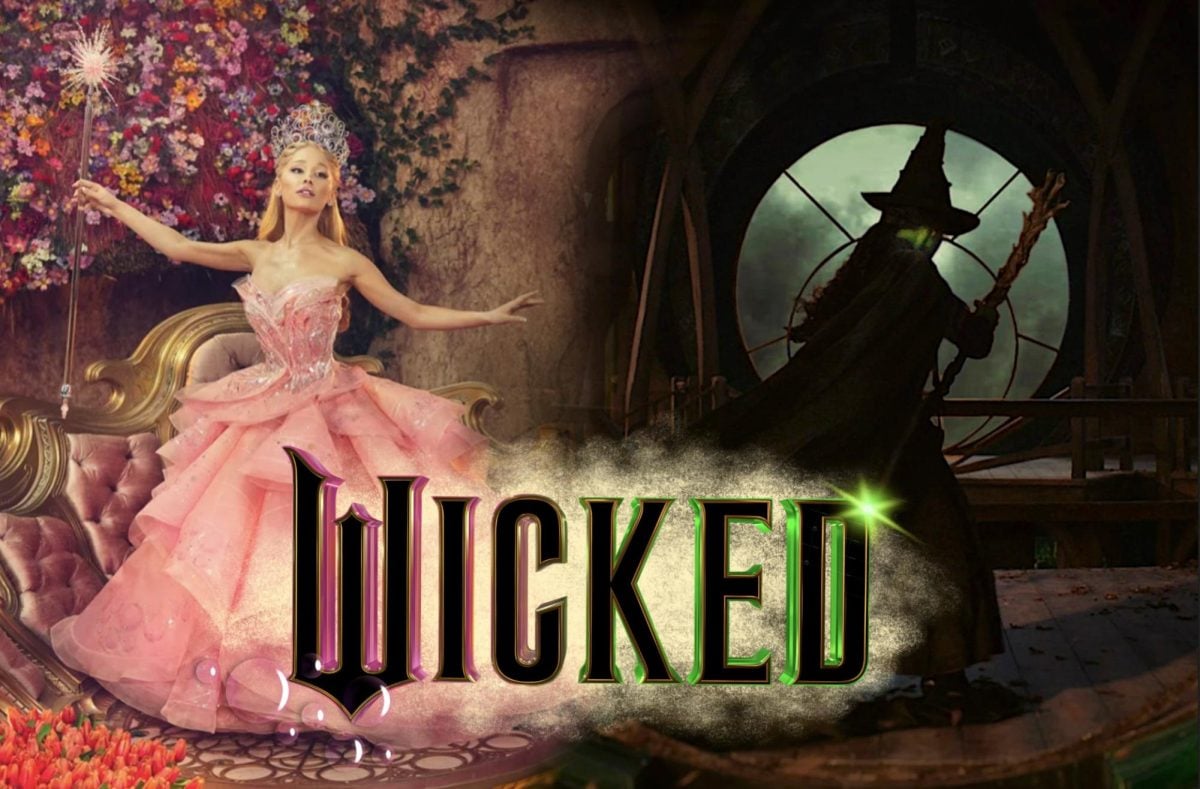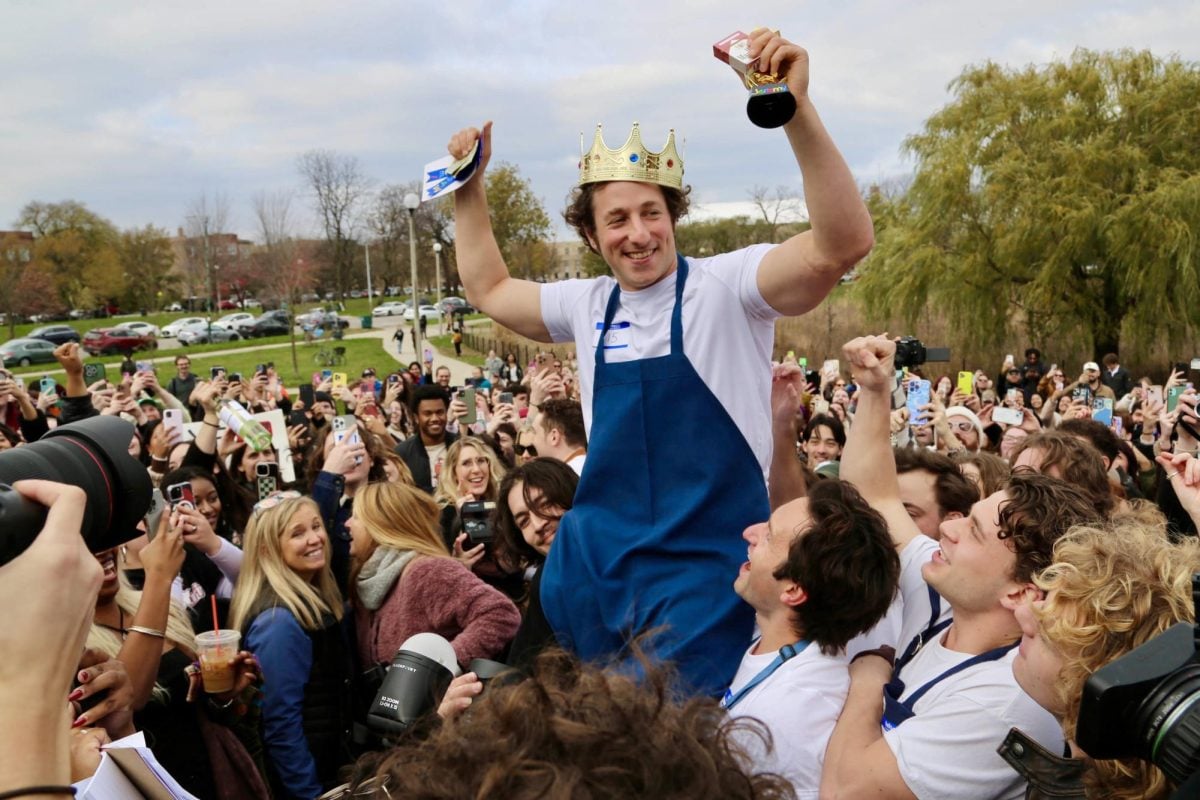In his latest film “Blitz,” director Sir Steve McQueen centers communities that are rarely, if ever, included in the cinematic canon of World War II.
Highlighting the Black British experience in a WWII film is a long overdue and welcome idea, but the director’s debatable choice to use a multitude of cinematic styles, genres and tropes might fatigue viewers before they realize the social significance of his endeavor.
“Blitz” is McQueen’s fifth feature film, though he is best known for his 2014 Oscar Best Picture “12 Years a Slave.” “Blitz” adds to McQueen’s recent focus on documenting the Black British experience in the 20th century, similar to his docuseries “Uprising” and historical drama “Small Axe.”
“Blitz” chronicles the adventures of 9-year-old George (Elliott Heffernan), born to a white English mother, Rita (Saoirse Ronan). While being evacuated by train during the German Blitz, George hops off and finds his way back to London.
George’s escape from the train is prompted by both racially motivated bullying from white children and a longing for home. During George’s journey home, he encounters many characters, such as ragtag Tommy and his three brothers, who climb atop a train to reach London. George next meets Ife (Benjamin Clementine), a police officer from Africa’s Gold Coast, who briefly serves as a father figure.
At the film’s midpoint, it is clear McQueen is not taking a conventional route of characters, plot or cinematic tone. The movie’s timeline switches between an opening scene that uses horror-esque, grating violins to moments of heartwarming friendship.
Is McQueen purposely keeping the viewer on edge as his characters might be during wartime bombing? The swing from genre film to Hallmark channel classic feels like a film editor trying to cut footage into a marketable film in time for the holidays.
The themes of diversity and racism in WWII London are almost minimized by the nearly satirical tone McQueen adopts. In the version of London “Blitz” portrays, racial conflicts are boiled down to phrases like “go back to where you came from.”
The film’s lack of portraying its themes doesn’t end there. Further characterizing London are the women who make wisecracking jokes with glottal T’s, something like the cringe-inducing “mockney” accent employed by Dick Van Dyke in “Mary Poppins.”
These elements overshadow what could be lauded as a triumphant story of home, belonging and London’s rich cultures. Instead, they create what seems like a pop-up book of the ‘sights and sounds’ of London.
Additional let-downs of this movie are in its trope-y nature. For instance, George is given a necklace that belonged to his father to “protect him” and a loving grandfather (played by Paul Weller) whose tragic death is predictable once his weathered hands begin playing Fats Waller songs on the piano.
The beauty of this new portrayal of the Black experience, within this coming-of-age war tale, is lost amid the film’s constant distrust of the audience to actually figure out the messages. Rather, McQueen makes themes and symbols so starkly obvious they would be nearly impossible to miss.
Email: [email protected]
X: @gracejw215
Related Stories:
— Chicago International Film Festival returns for 60th anniversary
— Reel Thoughts: Coppola’s ‘Megalopolis’ delivers miniature returns
— Applause for a Cause to screen mafia, mobsters-filled ‘NECRO 101’


















